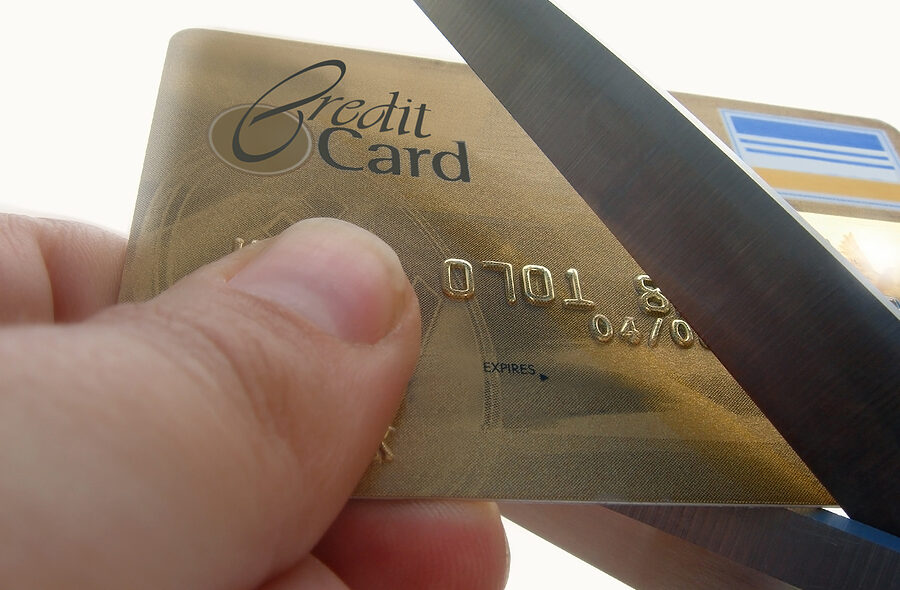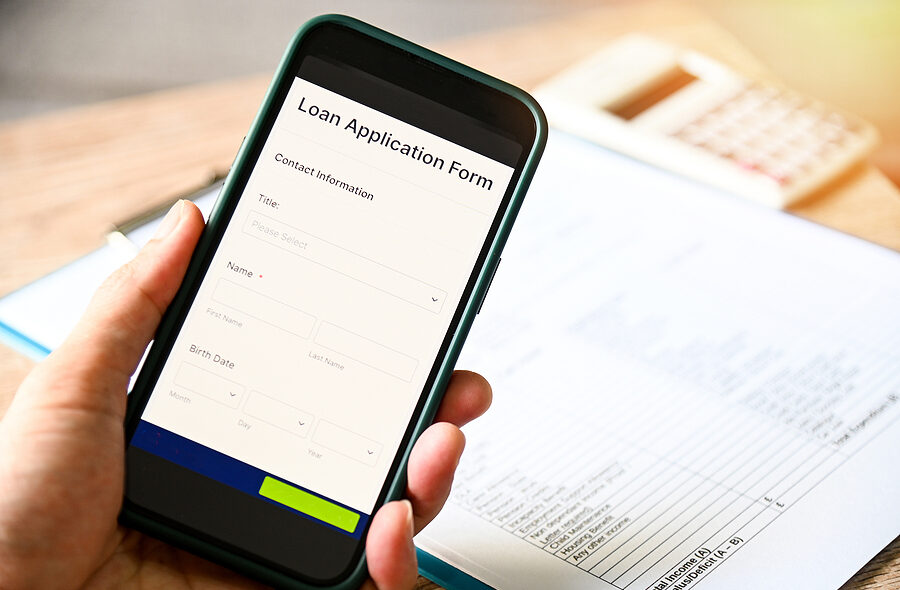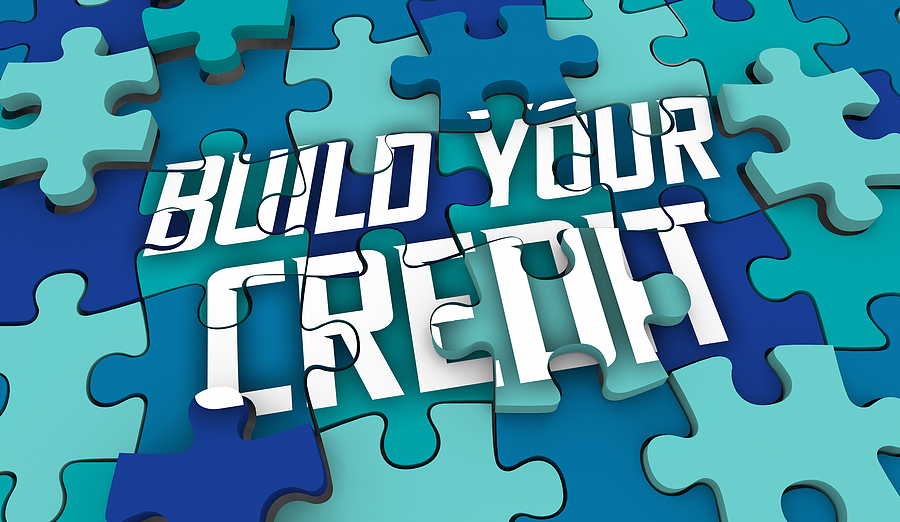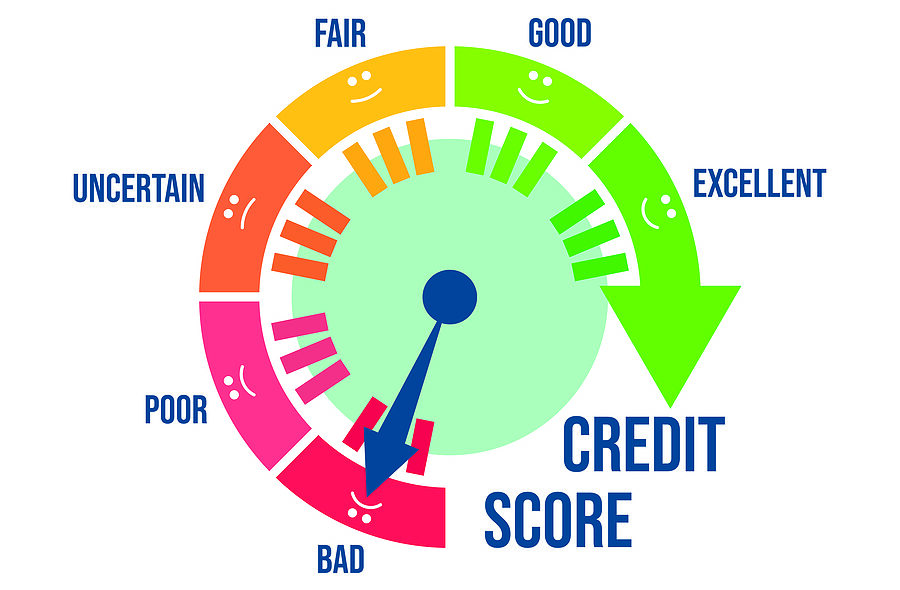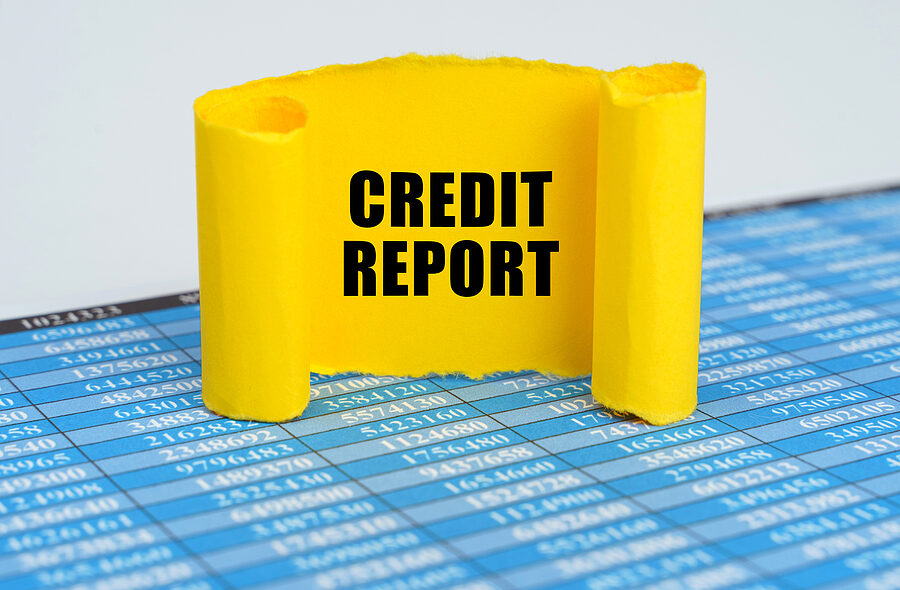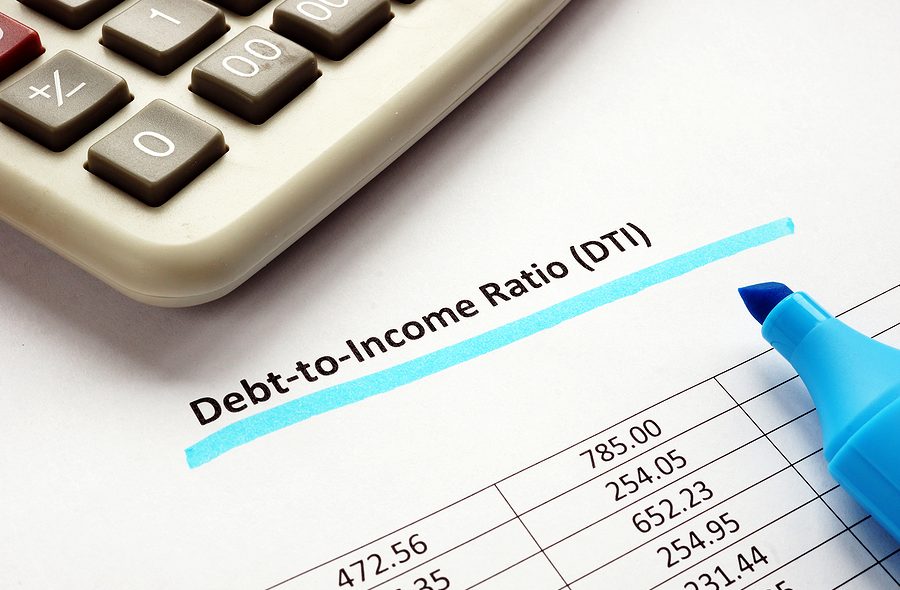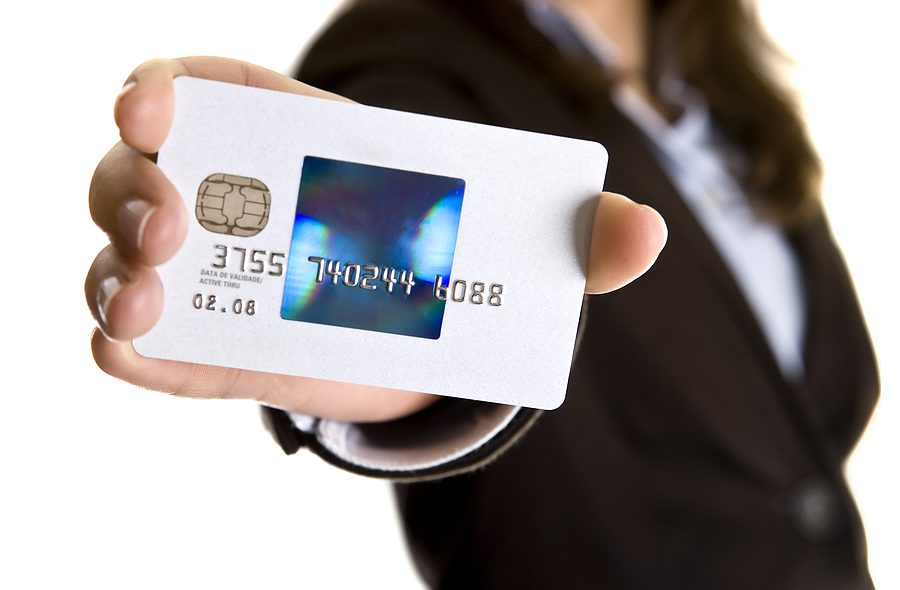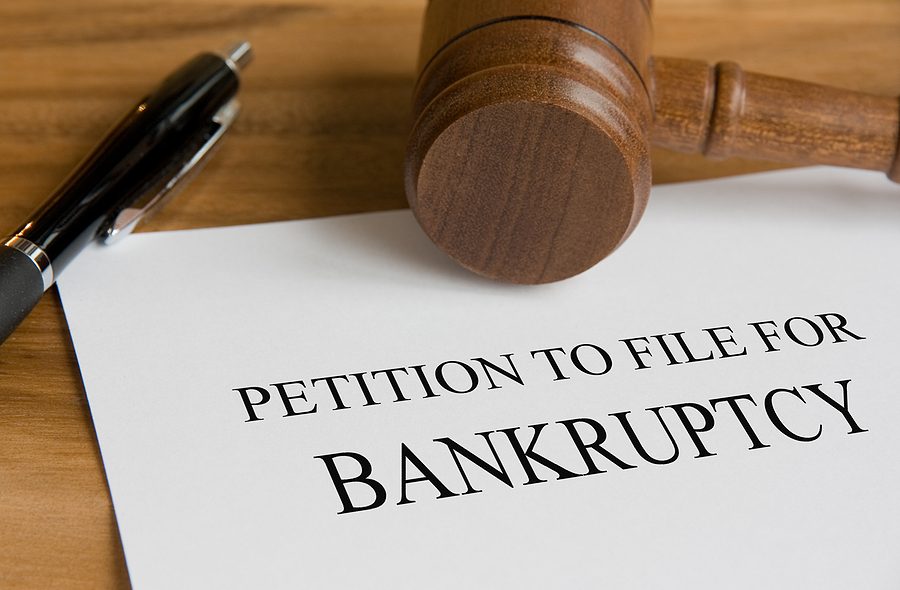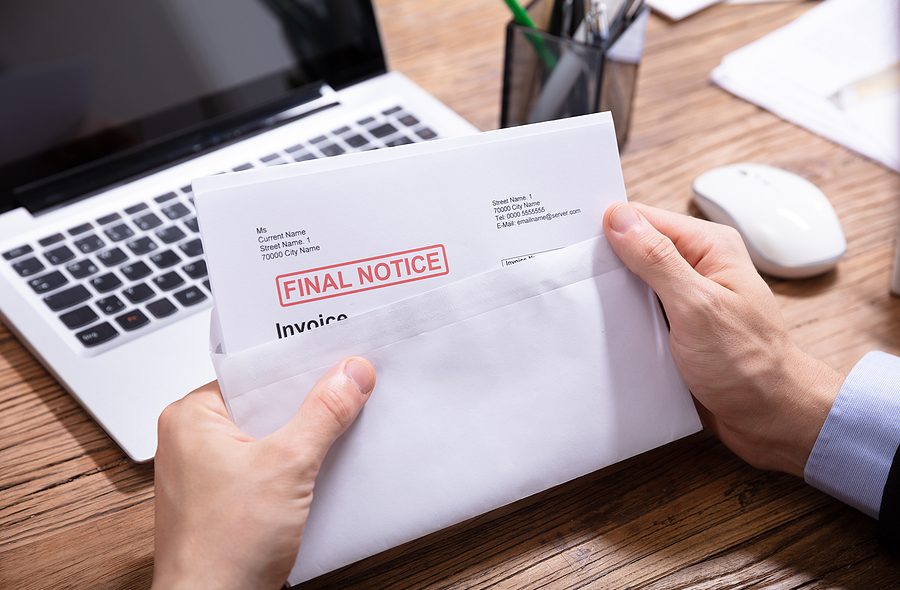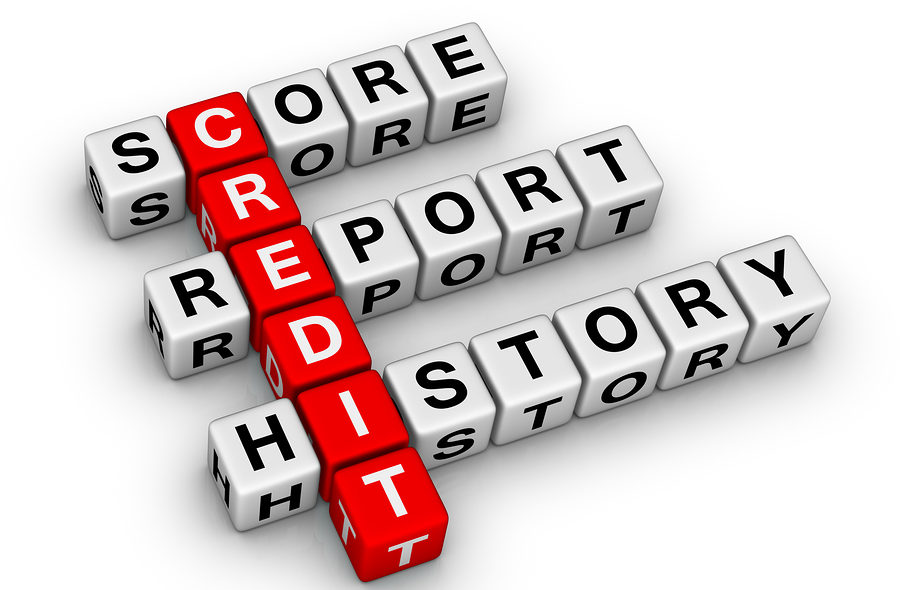While you can close a credit card with a balance, there are a few things you should keep in mind. At $17.69 trillion in the first quarter of 2024, United States consumer credit card debt is at its highest level ever recorded by the Federal Reserve Bank of New York. Per household, that totals to about $10,848.
It can be tempting to want to close these cards out, and for good reason. But doing so may not lead to what you expect- especially if you have had the card for a long time. By closing the credit card, you are skewing your credit utilization ratio.
Credit history encompasses 15% of your credit score. Closing a credit card means you lose that credit limit. In addition, you are at risk of accruing additional fees if the minimum payment you can afford is smaller than the interest added each month.
Another common mistake credit card users make when closing out their account is not verifying whether their account is closed. Without written confirmation, the cardholder may continue accumulating fees and penalties, unknowingly.
Neglecting any residual balance repayment after the card is closed can lead to an increase in debt. Paying close attention to those payments is essential, even if you have decided to close the account.
Click here to learn more.
If you have questions on this topic or are in financial crisis and considering filing for bankruptcy, contact an experienced Miami bankruptcy attorney who can advise you of all of your options. As an experienced CPA as well as a proven bankruptcy lawyer, Timothy Kingcade knows how to help clients take full advantage of the bankruptcy laws to protect their assets and get successful results. Since 1996 Kingcade Garcia McMaken has been helping people from all walks of life build a better tomorrow. Our attorneys help thousands of people every year take advantage of their rights under bankruptcy protection to restart, rebuild and recover. The day you hire our firm, we will contact your creditors to stop the harassment. You can also find useful consumer information on the Kingcade Garcia McMaken website at www.miamibankruptcy.com.

